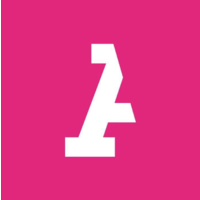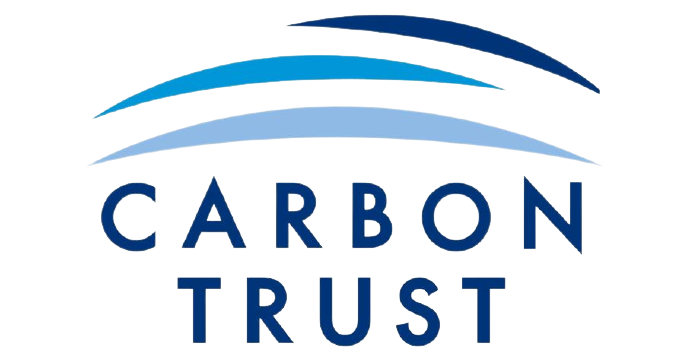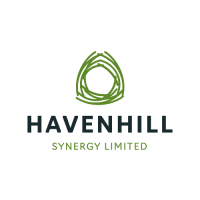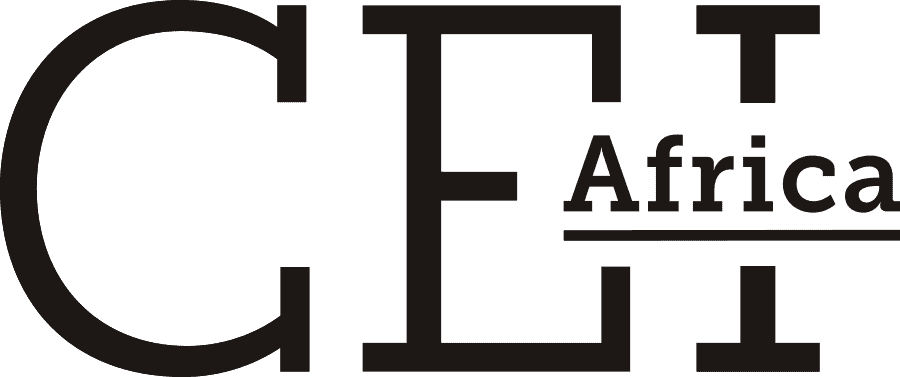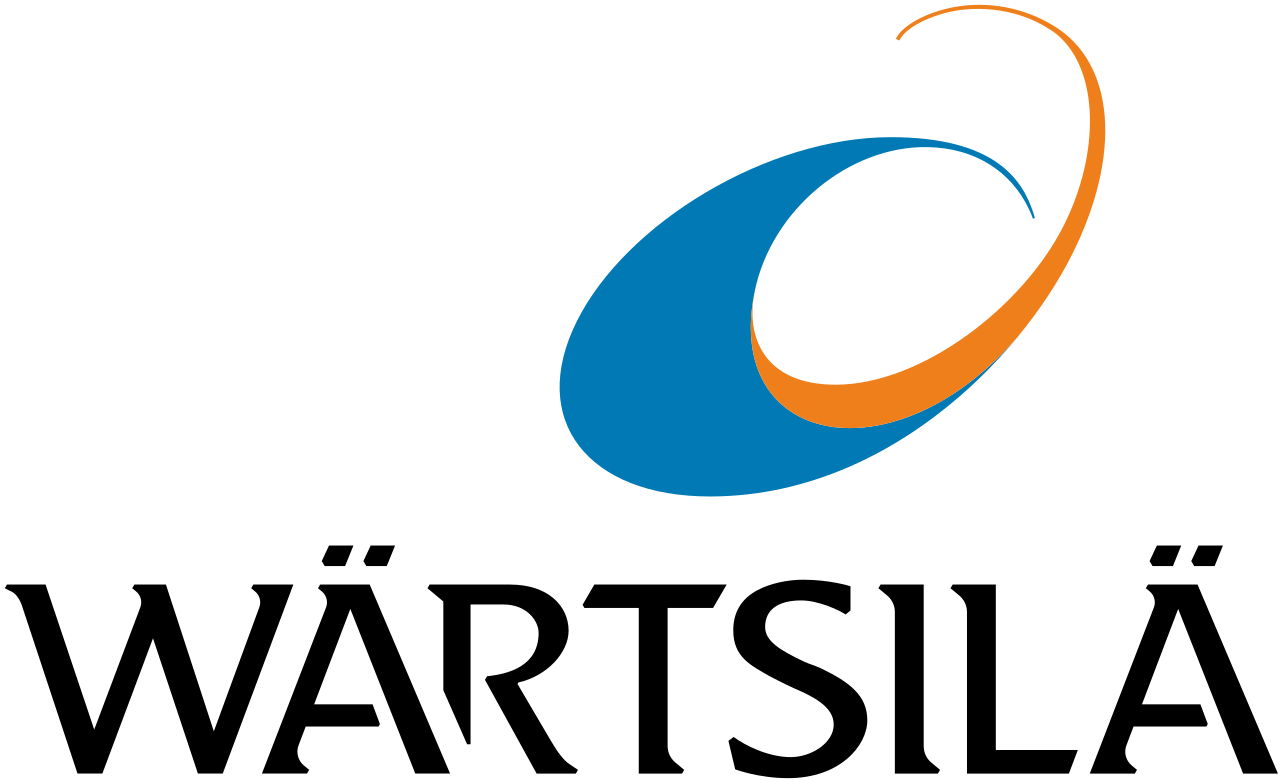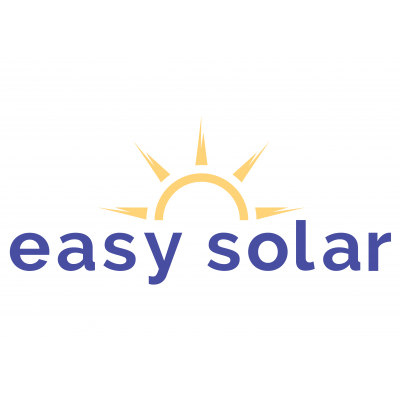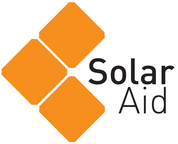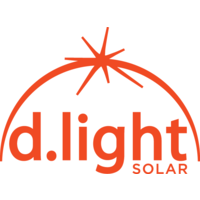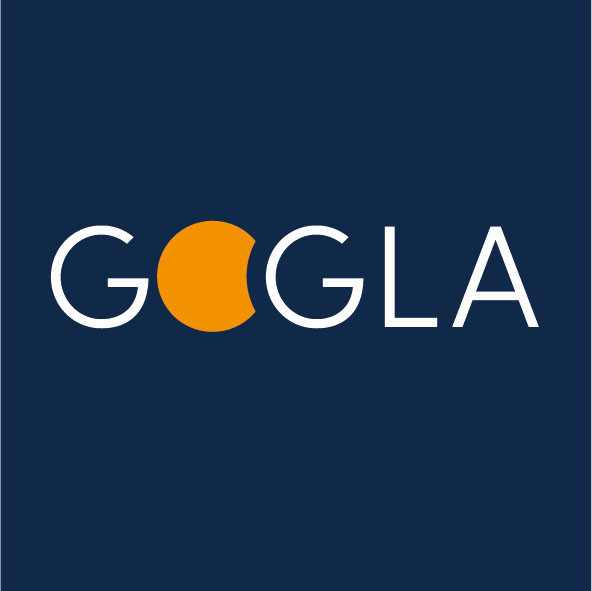4 December 2023: Today, Acumen launched Hardest-to-Reach, a $250 million initiative to activate clean energy markets in Africa’s underserved geographies. Critical to achieving universal energy access, the initiative was unveiled at the SDG7 Pavilion at COP28 alongside key supporter the Green Climate Fund (GCF). It will build on Acumen’s success of providing energy access to low-income communities living beyond the grid in sub-Saharan Africa. Hardest-to-Reach is the first blended finance initiative exclusively dedicated to expanding clean and affordable energy access for low-income people in neglected markets in Africa.
Additional key funders include USAID Power Africa, Sir Christopher Hohn, The Global Energy Alliance for People and Planet (GEAPP), and Shinhan Bank.
“There is currently a planet-sized market failure that impedes Africa’s clean energy future,” said Jacqueline Novogratz, Founder and CEO of Acumen. “That’s not just a loss for the hundreds of millions of people directly affected by limited access to electricity; the entire world loses out by leaving Africa behind. And bringing clean energy to those without electricity today is one of the most powerful things we do for both adaptation and long-term mitigation. At Acumen, we’ve worked with entrepreneurs in the energy sector who have taken capital, demonstrated the viability of their companies to private investors, and provided clean energy to hundreds of millions and jobs to hundreds of thousands. We look forward to multiplying these successes with the goal of achieving universal energy access and avoiding millions of tons of carbon emissions in the coming years.”
In developing countries, climate ambitions are overshadowed by massive energy deficits. 675 million people live without electricity access – 80 percent of whom are in sub-Saharan Africa – and still rely on kerosene, charcoal, wood, petrol and diesel to fuel their lives beyond the grid. This new initiative will uplift sub-Saharan countries with low electrification and high poverty rates by supporting off-grid solar companies through flexible, impact-first financing.
“Through $65 million in direct funding, the Green Climate Fund is proud to team up with Acumen to accelerate just, inclusive energy transitions in sub-Saharan Africa’s poorest regions, often neglected by traditional investors,” said Green Climate Fund Executive Director, Mafalda Duarte. “The Hardest-to-Reach programme blends debt, equity, grants and technical assistance to create and open up markets in new regions, providing clean energy for an estimated 60-plus million people across 16 countries, including Somalia.”
In addition to grants and equity, Hardest-to-Reach uses an innovative impact-linked financing approach to meet the needs of off-grid energy companies at each stage of their development.
“Acumen has been a crucial investor in our company not just as a financier but also as a long-term strategic partner,” said Jonathan Cedar, co-founder and CEO of BioLite. “Without their investment, BioLite would not have grown by 50x and expanded our reach to impact 8 million lives and offset 2 million tons of carbon.”
“I am excited to partner with Acumen and share their determination to achieve universal energy access in sub-Saharan Africa. Acumen’s unique track record of investing at the intersection of poverty and climate sets this initiative apart,” said Sir Christopher Hohn, co-founder and Chair of The Children’s Investment Fund Foundation (CIFF).
Acumen is consistently recognized as a preferred partner by impact-focused climate financiers with $153 million in committed capital in their sponsored funds, in addition to their direct investing work. Acumen’s focus on serving marginalized communities in the transition to clean energy has resulted in investments in 40 companies, positively impacting over 223 million lives and preventing 58.5 million tons of greenhouse gas emissions.
The initiative was made possible thanks to early support from the Fourdoves Foundation, Good Energies Foundation, The Osprey Foundation, UK aid from the UK Government via the Transforming Energy Access (TEA) Platform, The Bill & Melinda Nussey Foundation, Reed Hastings, and Chris Anderson & Jacqueline Novogratz.
###
About Acumen: Acumen is changing the way the world tackles poverty by investing in companies, leaders and ideas. We invest Patient Capital in businesses whose products and services are enabling the poor to transform their lives. Founded by Jacqueline Novogratz in 2001, Acumen has invested more than $154 million in 167 companies across Africa, Latin America, South Asia and the United States. We are also developing a global community of emerging leaders with the knowledge, skills and determination to create a more inclusive world. In 2015, Acumen was named one of Fast Company’s Top 10 Most Innovative Not-for-Profit Companies. For more information, visit: www.acumen.org.
About the Green Climate Fund: The Green Climate Fund (GCF) is the world’s largest dedicated climate fund. GCF’s mandate is to foster a paradigm shift towards low-emission, climate-resilient development pathways in developing countries. GCF has a portfolio of USD 13.5 billion (USD 51.8 billion including co-financing) delivering transformative climate action in more than 120 countries. It also has a readiness support programme that builds capacity and helps countries develop long-term plans to fight climate change. GCF is an operating entity of the financial mechanism of the United Nations Framework Convention on Climate Change (UNFCCC) and serves the 2015 Paris Agreement, supporting the goal of keeping average global temperature rise well below 2°C.





